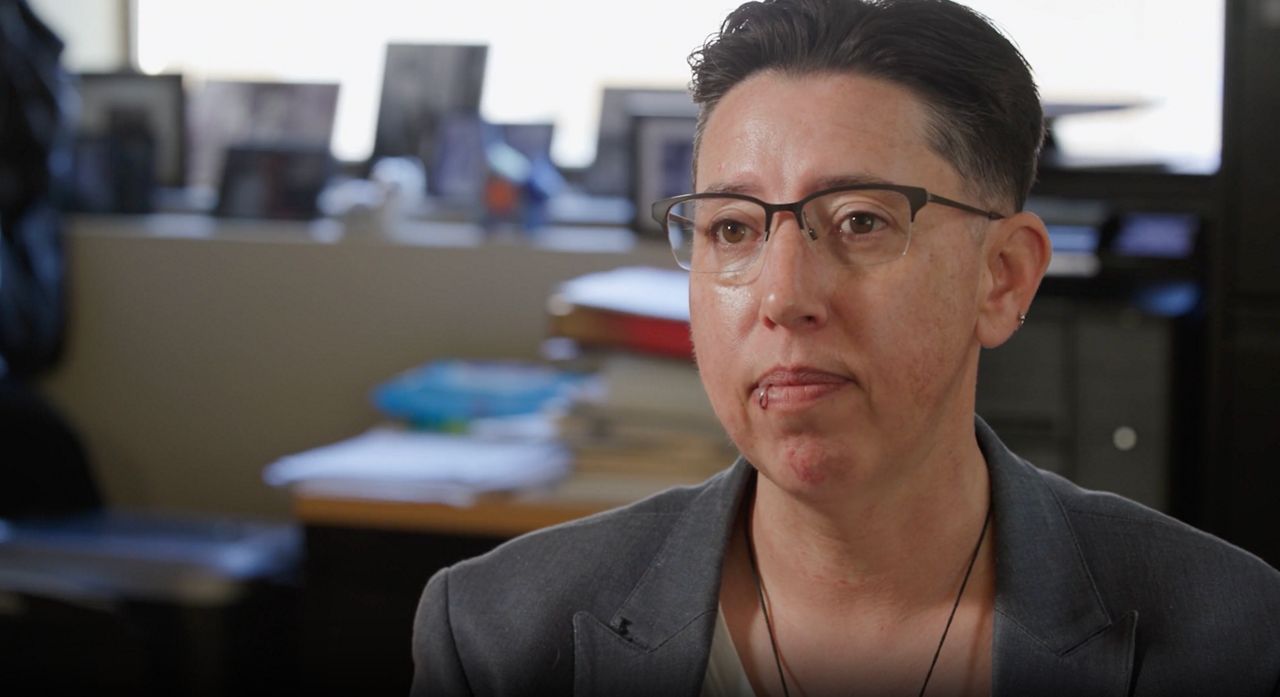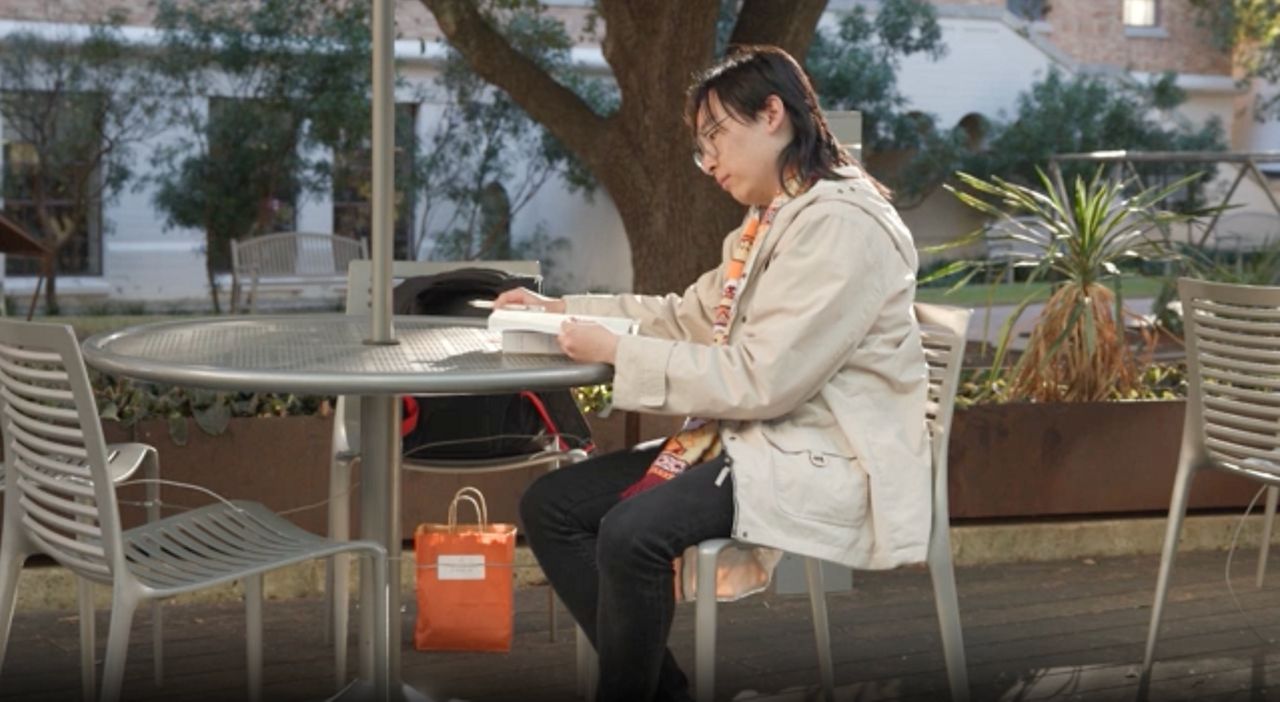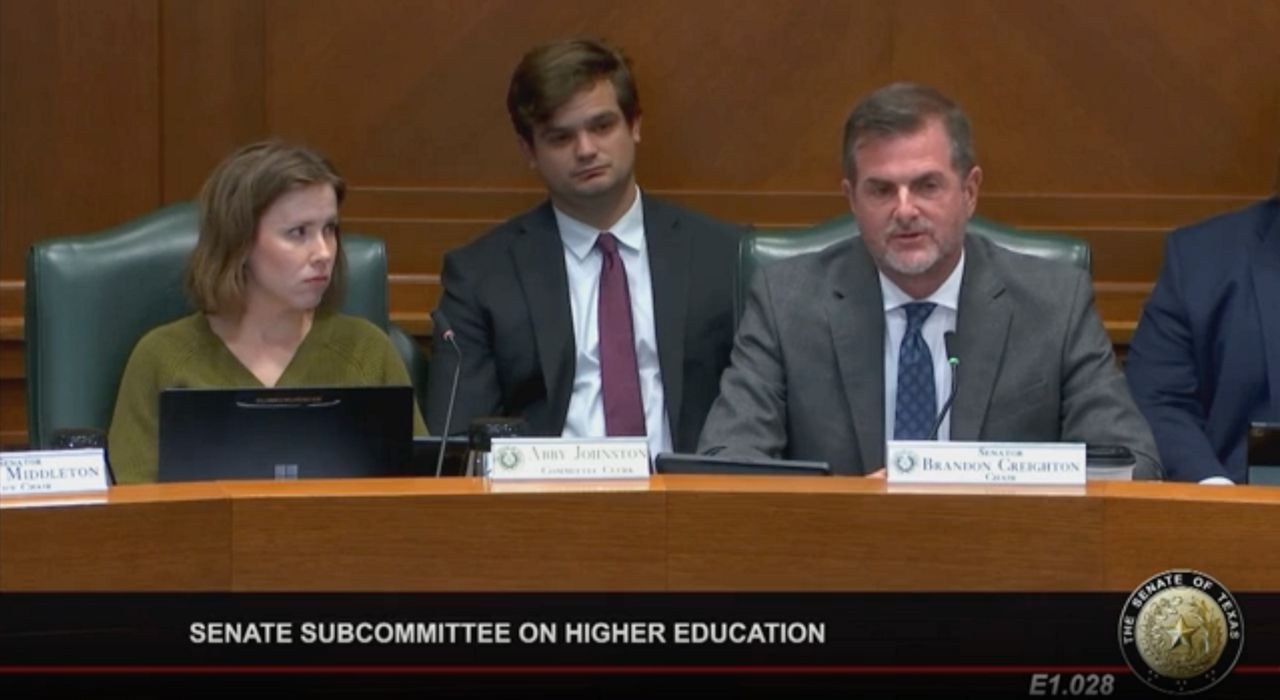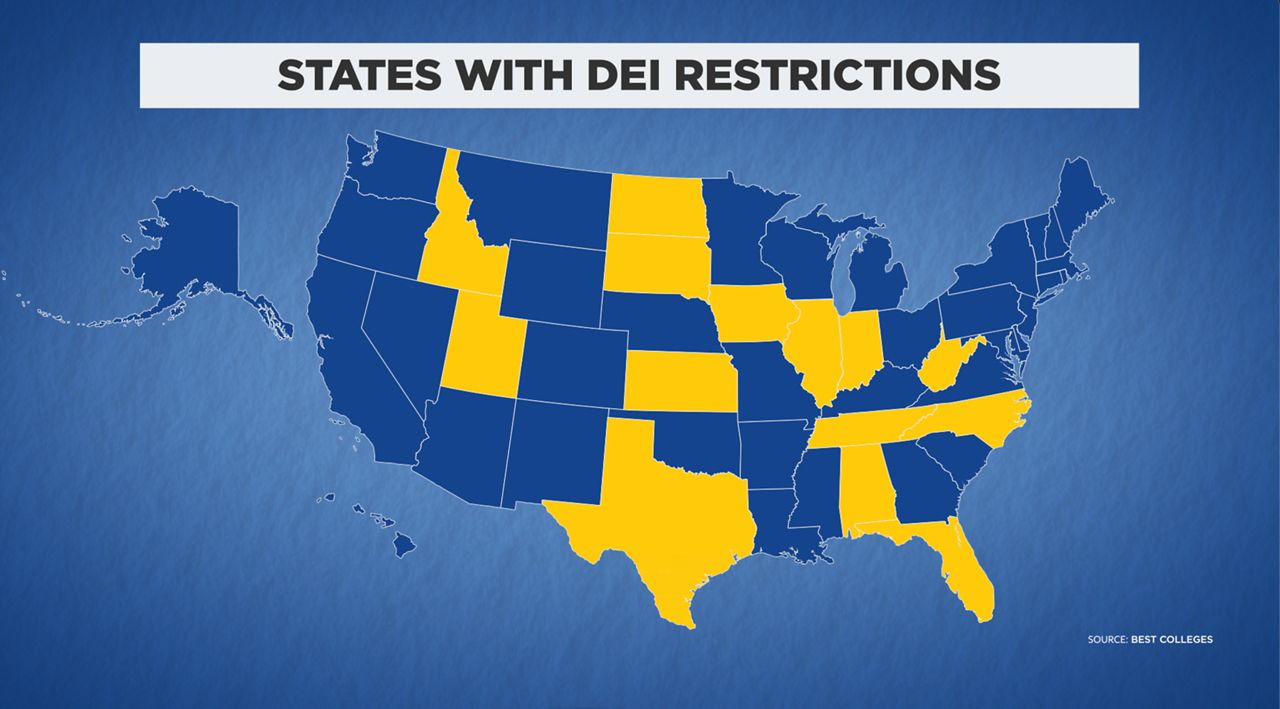A recent wave of laws banning or restricting diversity, equity and inclusion policies at public universities has sparked debate on campuses across the country. National Mental Health Correspondent Dr. Nicole Clark has been looking into what advocates on both sides of the issue say about the mental health impact on students and faculty.
What You Need To Know
- More than a dozen states have passed legislation restricting DEI policies at public universities
- Some worry the loss of these programs is detrimental to students’ mental health
- Supporters of the new laws say DEI programs were exclusionary
“I've been in higher ed for 25 years. I've never felt so worried about what I do on the job,” said Karma Chavez, who chairs the Mexican American and Latino Studies program at the University of Texas at Austin.
“Now I find myself constantly looking over my shoulder,” Chavez said. “I worry that I’m going to say the wrong thing.”

In January of last year, a new law went into effect in Texas prohibiting diversity, equity and inclusion initiatives (DEI) at public universities.
Chavez said she wasn’t surprised that the legislation passed. “But the extent to which it happened and the complete erasure, I think was pretty shocking for all of us,” she said.
The law's language is broad, targeting various policies and programs aimed at supporting historically marginalized groups.
At UT Austin, the school’s Multicultural Engagement Center closed, along with the Gender and Sexuality Center. Dozens of staff and faculty positions related to diversity and inclusion were eliminated.
“DEI programs really are just meant to make people feel more comfortable, to help people to get the resources they need to belong. So, it felt like a pretty big blow for those to go away completely,” Chavez said.
The biggest impact, however, may be something less tangible.
“I think on campus, it's brewed sort of a culture of fear,” said Alvin Xu, a junior at UT Austin.

“You're going to directly, you know, remove these students' sense of community,” Xu explained. “But there's also a part of me that wonders if that's sort of the goal. You know, maybe you don't want these kinds of students on campus.”
Supporters of the law say it’s the DEI programs that were exclusionary.
At a hearing last year, the bill’s sponsor, Texas Sen. Brandon Creighton, R-Conroe, argued the changes would reallocate funds to diverse recruitment efforts and promote a merit-based system.
“I don’t think it’s anyone’s goal to cease doing everything possible to achieve diverse outcomes for our universities,” Creighton said. “It’s, how can we accomplish that?”

Dr. Eric Wood, an executive board member for The Association for University and College Counseling Center Directors, acknowledged the legislation’s stated intent. But the implementation, he said, can still have a detrimental effect on students' mental health.
“Whether you think that's an effective strategy or not, is one thing, but that message hasn't really trickled down to the students,” said Wood. “So, then they come up with their own interpretation of why, which could be distressing.”
He said multicultural centers were also a valuable touchpoint for connecting students to mental health support.
“They were gatekeepers in that way. Well now, in those states where we have a ban, those gatekeepers are gone,” Wood said.
The Texas law is one of many now in effect nationwide. As of January, more than a dozen states had passed legislation or signed executive orders restricting DEI programs and policies at public universities.

“What we’re doing is really engaging in the legislative process,” said Wood. “That’s really our response.”
Wood and his colleagues have been advocating for medial exemptions to the bans and have had some success. But he says the real agents of change will be those most affected. He encourages students who opposed the bans to get involved in the legislative process.
“The most effective would be to actually engage the political parties involved,” Wood said.
It's a message that Xu has taken to heart.
“I'm not a legislator, but I can still speak out to legislators, reach out and tell them my side of the story,” said Xu.
They hope their advocacy will offer lawmakers a new perspective on DEI programs.
“If you tell them, ‘Hey, I understand where you're coming from, and maybe you can understand where I'm coming from.’ I think that's a great path that you can build towards understanding one another,” Xu said.
In the meantime, schools and faculty are trying to adjust.
“The million-dollar question is how are you going to support these students?” said Chavez.
“It's now got to be directly connected to the academic mission, which in some ways is good. But, you know, students aren't just here to go to school. They’re here to build relationships. They’re here to learn how to navigate hard things. They're here to become adults and trying to provide some of those resources with this threat of over-interpretation of a law I think has been challenging for all of us,” she said.
Still, Chavez says she is prepared to stay the course.
“I want to support these students. I want to support my colleagues. This is our Texas, too,” Chavez said.
It’s a mission many educators across the country share as they navigate a new educational landscape.





